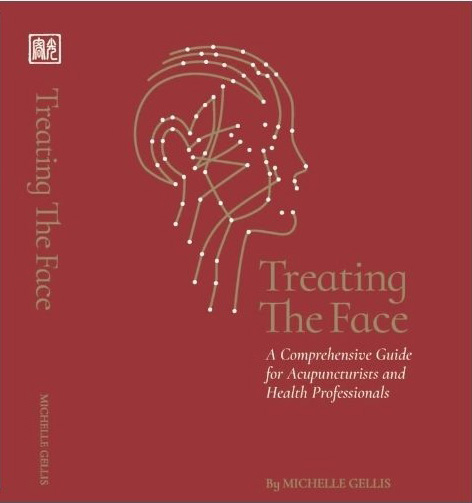Qi (pronounced “chee”) is a fundamental concept of everyday Chinese culture. At the core of Chinese medicine is the philosophy that Qi flows throughout the body. Qi is loosely translated to ‘life force’ that is part of everything that is alive. Where there is no Qi there is no life. Qi helps to animate the body and protect it from illness, pain and disease. A person’s health is influenced by the quality, quantity and balance of Qi.
The Chinese character for Qi shows steam rising from a pot of cooking rice. In order to maintain health, we need to keep the ‘rice pot lid moving’ appropriately so that it does not get stuck closed or blown off.
[raw]
[one_third]

[/one_third]
[one_third]

[/one_third]
[one_third_last]
![]()
[/one_third_last]
[one_third]
Chi
[/one_third]
[one_third]
Steam/Energy
[/one_third]
[one_third_last]
Cooking Rice
[/one_third_last]
[/raw]
Qi is circulated through specific pathways called meridians. There are 14 main meridian pathways throughout the body. Each is connected to specific organs and glands. Meridian pathways are like rivers transporting life-giving Qi to nourish and energize every cell organ gland tissue and muscle. When Qi flows freely throughout the body, one enjoys physical, mental and emotional well being. An obstruction of Qi anywhere in the body is like a dam, backing up the flow in one area and restricting it in other. This blockage can hinder the distribution of the nourishment that the body requires to function optimally.
How Does Qi Get Blocked?

Qi Stagnation (Qi blocked or not flowing very smoothly can arise from a number of causes. According to Chinese Medicine, health is achieved by maintaining the body in a “balanced state”. Disease is due to an internal imbalance of yin and yang. Yin represents cold, slow or passive aspect of a person, while yang represents hot, excited or active aspects. Health is achieved when there is a balance of yin and yang. If there is an imbalance it can lead to blockage in the flow of Qi. What this means is if you do not get enough rest or conversely if you do not get enough movement, it can contribute to your body’s energy not flowing smoothly. Another way Qi can get stuck is through emotional imbalances. When emotions are either repressed or not acknowledged they can get stuck. Frequently expressing emotions like over the top joy or overt displays of anger can exhaust Qi and cause it to become depleted and unable to move smoothly.
The body’s energy has a direction, which it should flow properly. Did you ever get angry and feel Qi rising to your head (maybe you got warm or red in the face)? This happens because the stuck Qi building up has to be released. It goes up to the head, and can cause migraine or tension headaches, and high blood pressure. Stomach Qi should move down, if it moves up then you can develop acid reflux. Other things such as cold, injury, poor diet, lack of exercise can cause Qi to get stuck. As A practitioner of Chinese medicine, part of my job is to determine how Qi is flowing in your body.
If you would like more information:
Scientific Validation of Acupuncture
Pert C. Molecules of Emotion. Simon & Schuster, 1999; ISBN: 0684846349.
The Web That Has No Weaver (1983) by Ted Kaptchuk
Beinfield H, Korngold E. Between Heaven and Earth: A Guide to Chinese Medicine. New York: Ballantine Books, 1991.
Helms J. Acupuncture Energetics: A Clinical Approach for Physicians. Berkeley, CA: Medical Acupuncture Publishers, 1995.
Maciocia G. The Foundations of Chinese Medicine. New York: Churchill Livingstone, 1989.
Deadman P, Al-Khafaji M. A Manual of Acupuncture. Ann Arbor, MI: Journal of Chinese Medicine Publications, 1998.
Page CR. Frontiers of Health: From Healing to Wholeness. Essex, UK: CW Daniel Co, Ltd, 2000.
Rossi E. The Psychobiology of Mind-Body Healing. New York: WW Norton, 1993, p. 188.
The Theoretical Foundations of Chinese Medicine by Manfred Porkert

